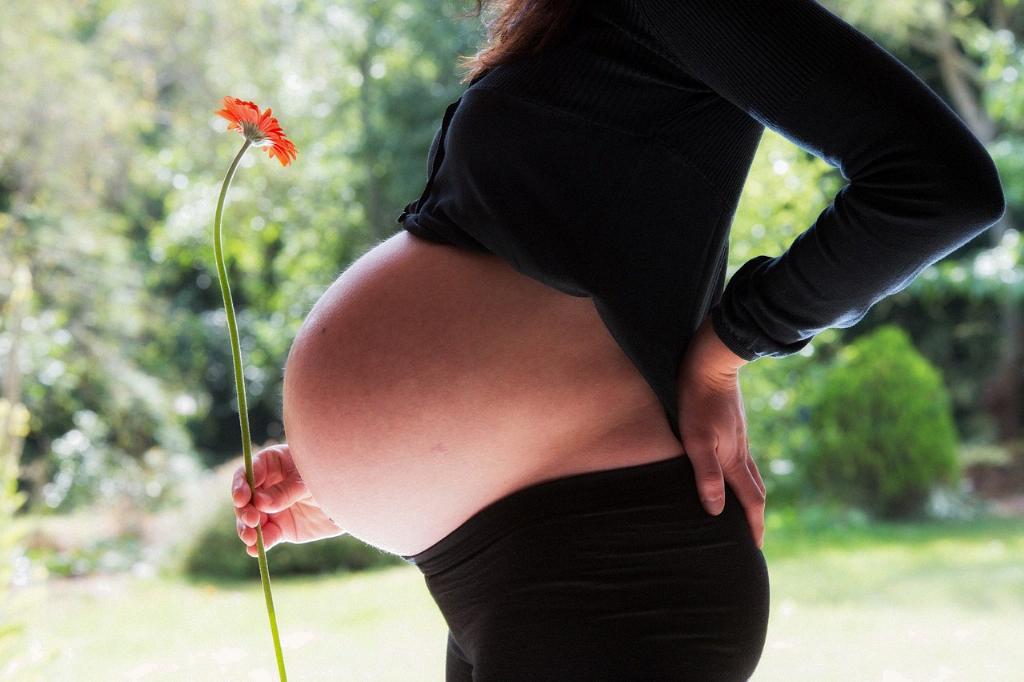Alcohol consumption is a topic that requires serious consideration for women who are trying to get pregnant. Research indicates that as few as three alcoholic drinks per week can have a negative impact on a woman’s fertility. This impact is particularly pronounced when alcohol consumption takes place during the second half of the menstrual cycle.
Alcohol affects fertility by disrupting hormonal balance and menstrual cycle regularity. It can interfere with ovulation, making it harder for an egg to be fertilized. Additionally, alcohol consumption can disrupt the maturation of eggs in the ovaries, further complicating the process of conception.
Furthermore, alcohol can impact the quality of a woman’s cervical mucus, which plays a crucial role in helping sperm reach and fertilize the egg. Excessive alcohol consumption can make the cervical mucus hostile to sperm, reducing the chances of successful fertilization.
Moreover, alcohol can also negatively impact the development of a fertilized egg as it travels through the fallopian tubes and implants in the uterus. High levels of alcohol in the system can affect the embryo’s ability to properly implant and grow, leading to potential pregnancy complications.
It is important for women who are trying to conceive to be aware of the potential effects of alcohol on fertility. Even moderate alcohol consumption can significantly decrease the chances of getting pregnant. Therefore, it is advisable for women to limit or completely abstain from alcohol while trying to conceive.
Research has shown that alcohol can not only affect a woman’s fertility but also increase the risk of miscarriage in early pregnancy. The presence of alcohol in the system during the early stages of pregnancy can have detrimental effects on the developing fetus, leading to potential birth defects and developmental issues.
Additionally, alcohol consumption during pregnancy can increase the risk of preterm birth and low birth weight. These complications can have long-lasting effects on the health and development of the baby, highlighting the importance of avoiding alcohol during pregnancy and when trying to conceive.
It is crucial for both partners to be mindful of their alcohol consumption while attempting to conceive, as alcohol can also impact male fertility. Excessive alcohol intake can reduce sperm quality and motility, making it harder for sperm to fertilize an egg and decreasing the chances of successful conception.
Ultimately, the decision to consume alcohol while trying to get pregnant should be approached with caution and awareness of the potential consequences. It is advisable for women to discuss their alcohol consumption habits with their healthcare provider to ensure that they are taking necessary steps to optimize their fertility and increase their chances of conceiving.
In conclusion, alcohol can have a significant impact on a woman’s ability to get pregnant, affecting various aspects of fertility including ovulation, sperm quality, and early embryo development. To maximize the chances of conception, women should consider limiting or avoiding alcohol consumption altogether while trying to conceive.

